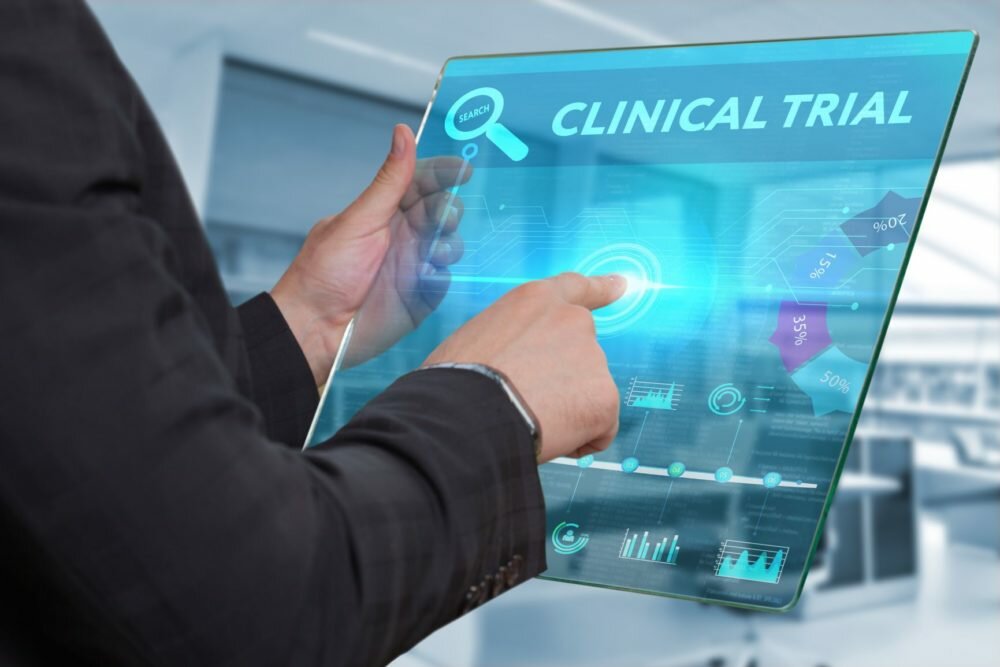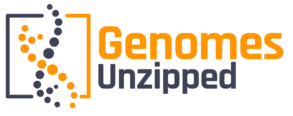We once had a great guest post from Gholson Lyon, a physician-scientist known for his work at the Center for Applied Genomics at Children’s Hospital of Philadelphia, and at the Utah Foundation for Biomedical Research, and at Cold Spring Harbor Laboratory.
I’d love to share with you, in my own words, what he had to say about bringing human genome sequencing into the clinic…

Gholson Lyon believes, as do we here at Genomes Unzipped, that anyone looking into bringing exome and genome sequencing data into the clinical arena should do so in an entirely clinically appropriate manner.
Here, in the states, that means obtaining CLIA certification. For those who don’t know, CLIA stands for Clinical Laboratory Improvement Amendments. They are the group that regulates laboratory testing.
This is how we can move away from being unable to put across important information about particular genes in serious illness to interested parties, and ultimately let a patient know in advance if there’s an upcoming unwelcome scenario.
Lyon, shared with us his distress when poor 4-month old Max passed away from a newly recognized disease, Ogden Syndrome.
What was even more upsetting to Lyon is that because his discovery was classed as research, he was not able to report his findings to the family concerned, or to other families who carried the vary same genetic pattern.
What made it even worse for Lyon, is that he was asked by a pregnant patient who was actually a carrier of the disease whether or not she was a carrier. Imagine his devastation and not being allowed to disclose such vital information.
This was a real cornerstone for me, in determining how I feel human genome sequencing should be carried out.
It is my belief, as it’s his, that in order to produce the most humane system in studying genetics that all “research” no matter how early it’s the stage, should be carried out in a CLIA-certified manner.
It was a very painful lesson for Lyon and one which I really took to heart.
We must do everything in our power to avoid such ethical and moral dilemmas for those in such a difficult position.
Clinicians must “first, do no harm”, and it is with this in mind that broker the case for all genome sequencing to be carried out in an entirely clinically appropriate manner.
The point I really want to make here is that the sequencing of genomes and exomes ought to be performed in a CLIA certified manner from the very start so that vital information can be imparted to patients.
Without CLIA certification, there is no imperative to even add this data to their medical record, which is an absolutely ridiculous state of affairs.
How can we possibly move forward, if we don’t have the right necessary start?
How can we be expected to heal others, if we cannot even pass on vital necessary life and death information?
